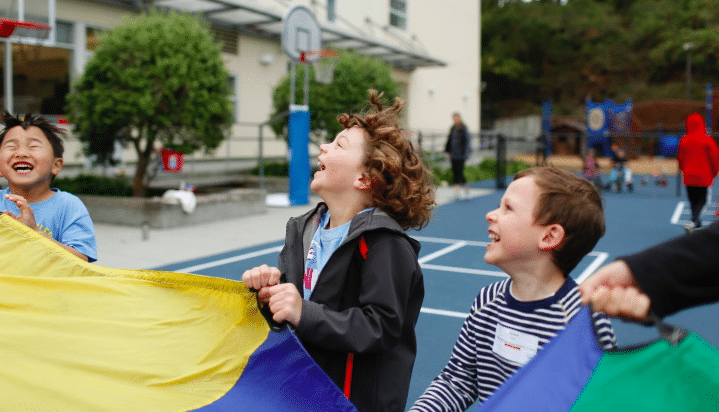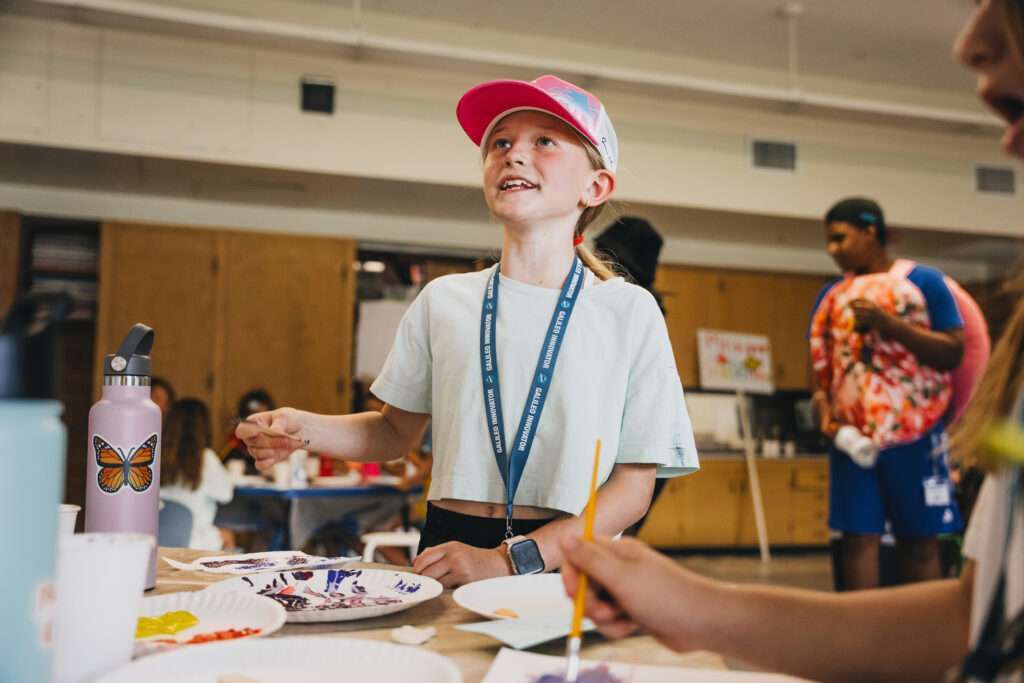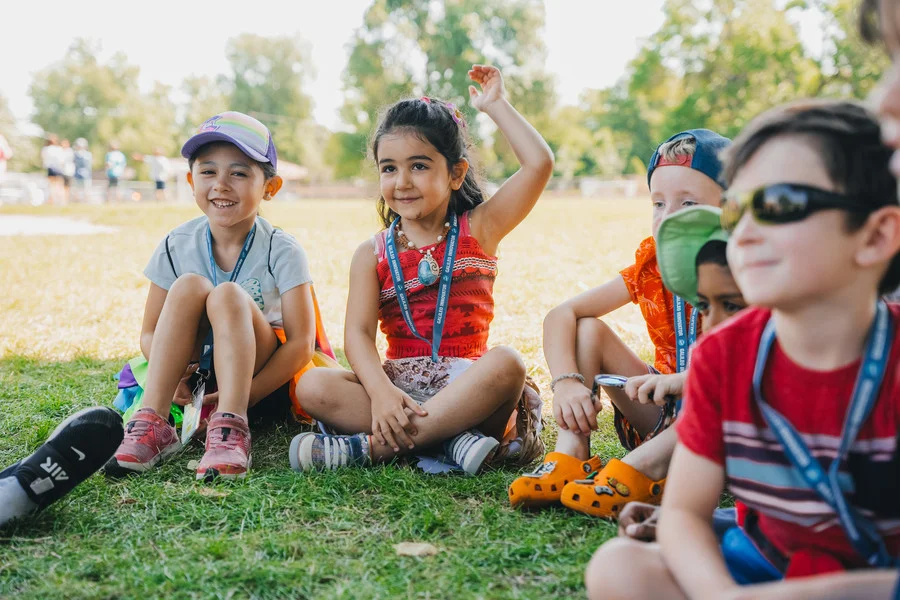Transitional kindergarten (TK) expands educational options for pre-K kids in the Bay Area. It provides a developmentally appropriate, modified kindergarten curriculum for kids that miss the birthday cutoff for admission to kindergarten and gives them an extra year to get ready. The goal is to prepare them socially and cognitively for the language, literacy and numeracy learning to come.
But more important than content-specific knowledge at this time is setting the stage for their future in which it’s predicted 65% of kids will work in careers that do not yet exist. It isn’t too early to begin preparing kids with the mindset and ancillary skills they will need to support them as they embrace the opportunities they will encounter. An innovation summer camp can supplement the transitional kindergarten curriculum by helping kids to develop skills and a support system for learning.
The Facts About the TK Curriculum
Transitional kindergarten was implemented after the birthday cutoff for kindergarten was moved up from December 2 to September 1. Designed to build on the foundations of preschool, the transitional kindergarten curriculum exposes kids to the Common Core and State Content Standards for kindergarten without requiring mastery. The curriculum touches on English language arts, math, science, social science, physical education, visual and performing arts through thematic units that involve play. Like the preschool curriculum, the TK curriculum puts significant emphasis on social-emotional development.
What Kids Really Need to Succeed
Roberta Michnick Golinkoff, Ph.D. and Kathy Hirsh-Pasek, Ph.D., developmental psychologists and authors of Becoming Brilliant: What Science Tells Us About Raising Successful Children, suggest that educating kids for those as-yet-unnamed careers should involve the “6Cs.” Besides the content areas emphasized in the TK curriculum, the authors cite collaboration, communication, critical thinking, creative innovation and confidence as the skills 21st-century kids will need to succeed. The content knowledge and skills are spelled out in the standards; the other 5 “Cs,” however, are cross-disciplinary and apply in multiple contexts and in many situations. In an NPR interview, Hirsh-Pasek said that it’s up to parents to understand “what your children are and aren’t being exposed to at school, that will suggest the kinds of experiences you want your children to have outside of school.”
Supplementing TK With Summer Camp
Learning through play is the way young children acquire knowledge and skills. But the quantity and quality of their play is important. An educational summer camp is a way to extend the guided play that occurs across the early childhood spectrum (from preschool through transitional kindergarten to kindergarten) once school is out. With carefully crafted curriculum and well-planned learning experiences, there is ample opportunity to exercise the “6Cs.”
- Content – Thematic learning gets kids hooked on an engaging topic then helps them experience and examine it through a variety of lenses. Caring adults scaffold the process to ensure that kids have the freedom to let curiosity direct their explorations and creativity guide their responses.
- Collaboration – Camp provides a dedicated playgroup with a low camper-to-staff ratio. With a common purpose established, kids are encouraged and supported as they work together to accomplish their goals in a fun and playful atmosphere. They practice getting along, sharing and taking turns, thus developing those important social skills in an authentic context.
- Communication – As they work with their team, campers talk and listen, expressing and representing their ideas. They are provided opportunities to express themselves through various artistic media, as well as through active play.
- Critical thinking – Helping kids develop critical thinking skills means welcoming their questions, leading them to make connections and to compare and contrast. Empowering little ones to be active problem solvers ensures they are learning through their explorations. Constructive play helps campers actively build their knowledge and develop thinking skills.
- Creative innovation – Giving kids a chance to express their ideas and take creative risks in the safety of a friendly, collaborative environment helps them build trust. True innovation requires that kids believe themselves capable of reaching new heights. A camp focused on innovation can help them adopt a growth mindset even as they learn a process for implementing their ideas.
- Confidence – The best educational summer camps set up reasonable challenges that create productive struggle. As campers work to accomplish a goal, overcoming obstacles along the way, they gain confidence in their own ability to succeed.
Choosing Active Learning Experiences for Bay Area Kids
Summer camp provides extra time and additional opportunities away from school for young kids to develop the skills that research suggests they will need to succeed. With less emphasis on finding the “right answer,” there can be added focus on creative innovation. As Bay Area parents arrange activities for their little ones, it is important to consider the skills they will need for success. Participating in constructive play at a camp such as Camp Galileo will supplement the transitional kindergarten curriculum in a meaningful way, helping kids build those skills, which support and enhance learning, preparing them for future educational and career opportunities.
Check out the opportunities to supplement transitional kindergarten in the Bay Area. Camp Galileo has summer camps in San Jose all the way to Walnut Creek and Marin, find the location closest to you! Enroll in a camp session or sign up for our mailing list to keep up-to-date with camp happenings and innovation resources. Or, for more information about Galileo camps, contact us here.





